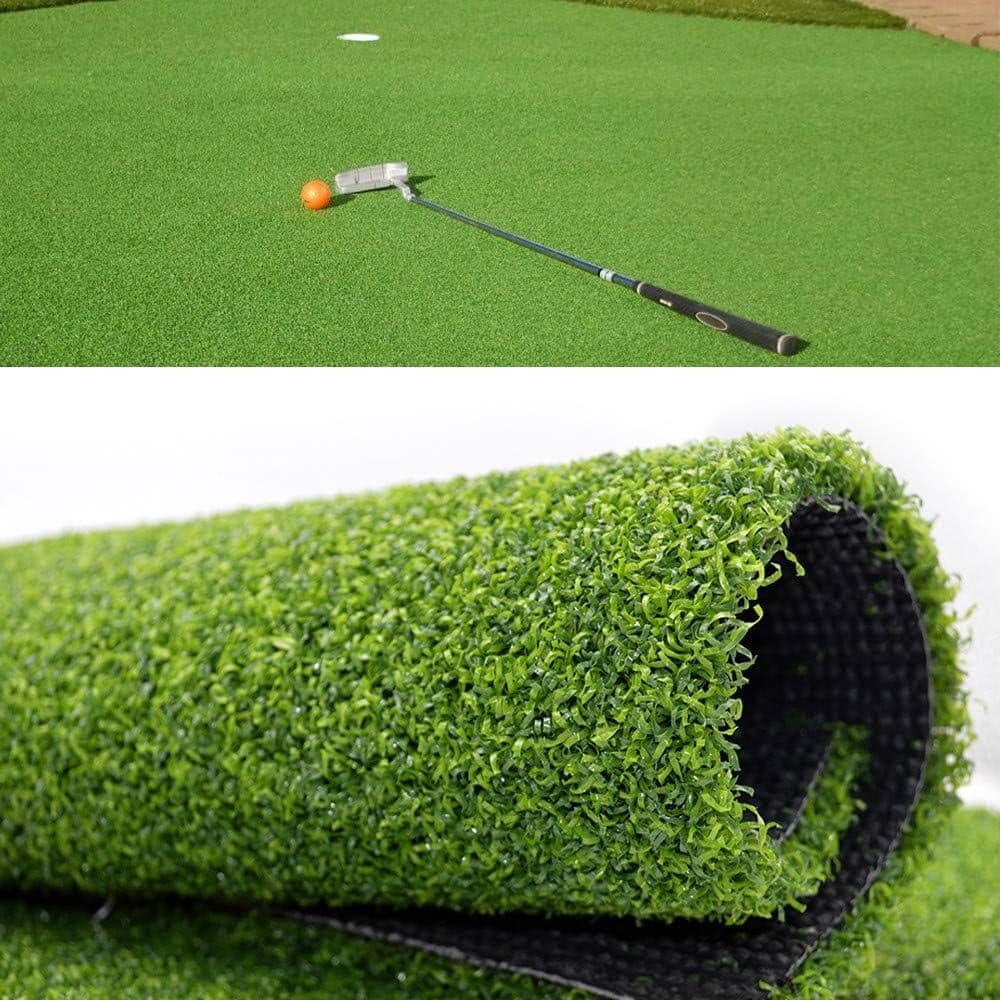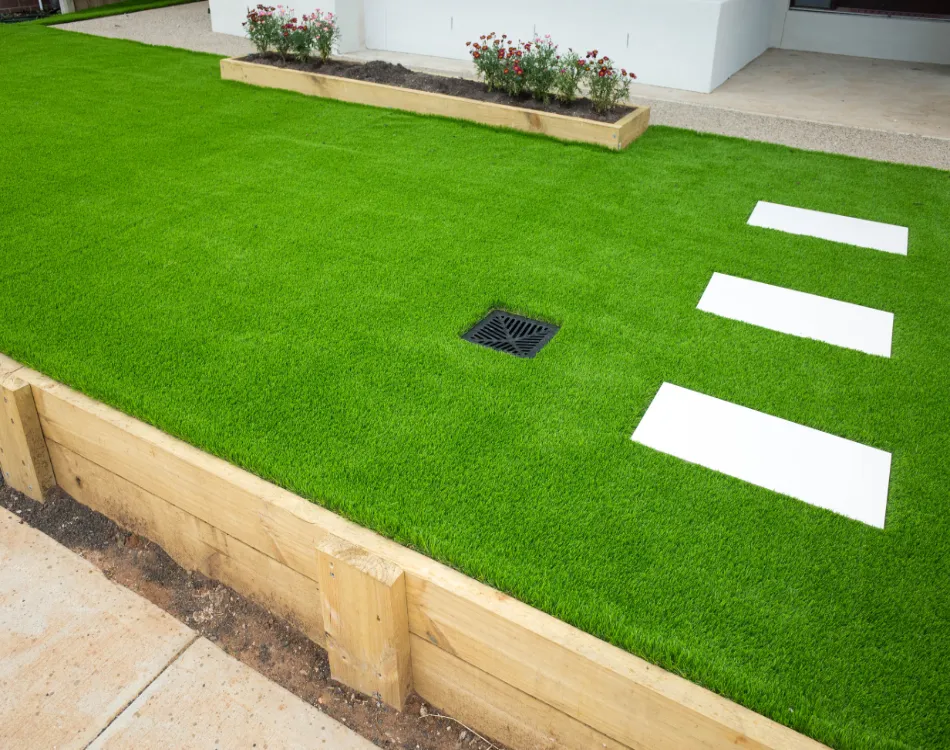Expert Arizona Turf Suppliers Ensuring a Lifelike Lawn Option
Expert Arizona Turf Suppliers Ensuring a Lifelike Lawn Option
Blog Article
Explore the Environmental Advantages of Opting for Synthetic Grass Solutions
The fostering of synthetic grass services presents an engaging chance to attend to pressing environmental challenges. By considerably decreasing water use and decreasing the application of unsafe chemicals, these options not only advertise sustainable landscaping yet likewise protect neighborhood communities. The lower carbon impact associated with lowered maintenance tasks contributes to a much more sustainable technique to land management. The ramifications of these advantages extend past plain conservation initiatives, raising concerns concerning their long-lasting impact on habitat conservation and overall environmental equilibrium. Checking out these dimensions exposes an intricate interplay worth taking into consideration.
Water Preservation Advantages
Among one of the most substantial benefits of synthetic grass is its capacity to preserve water. Typical grass yards call for significant watering, specifically in locations susceptible to drought or water limitations. In contrast, synthetic grass does not need watering, considerably minimizing the general demand for water resources. This feature is specifically beneficial in arid areas where water shortage is a pressing issue.
By eliminating the demand for regular watering, synthetic grass adds to lasting landscape techniques and helps mitigate the environmental influence of extreme water consumption. Additionally, the preservation of water includes the decrease of drainage, which can result in dirt erosion and waterway air pollution.
Furthermore, the installation of fabricated turf allows homeowners and municipalities to designate water resources extra effectively, concentrating on necessary usages such as drinking water and agriculture. The change towards synthetic grass not just promotes responsible water use however likewise lines up with wider environmental goals intended at maintaining natural deposits.
As neighborhoods increasingly focus on sustainability, the water preservation benefits of synthetic grass provide a compelling situation for its fostering in property and industrial landscaping jobs.
Decreased Chemical Use
The change to synthetic grass considerably decreases the reliance on chemical therapies frequently utilized in all-natural grass upkeep. Traditional grass administration typically includes the application of fertilizers, herbicides, and chemicals to advertise growth and control pests. These chemicals can posture threats to human health, neighborhood wild animals, and the setting, adding to soil and water contamination.
In comparison, fabricated grass gets rid of the demand for these harmful materials. By minimizing the release of synthetic substances right into the environment, man-made lawn advertises much healthier dirt and water systems.
Furthermore, the lack of chemical runoff related to synthetic grass installations assists safeguard neighborhood waterways from contamination, supporting marine life and preserving biodiversity. Arizona turf. As areas significantly focus on sustainable techniques, choosing fabricated lawn presents a viable service that lines up with environmental conservation objectives. With this change, homeowner can delight in lush green spaces without jeopardizing eco-friendly wellness, leading the way for a much more lasting future
Reduced Carbon Impact
Moreover, the installment of synthetic grass can lead to significant water conservation. All-natural grass require considerable amounts of water for irrigation, which not just includes in the carbon impact connected with water extraction and treatment yet also strains local water resources. On the other Check This Out hand, artificial turf needs very little maintenance, needing no watering, therefore considerably decreasing water usage and its connected energy expenses.
Furthermore, the long life of synthetic grass adds to its reduced carbon impact. With a lifespan of up to 15 years or more, the requirement for regular substitutes is reduced, causing much less waste and reduced power intake in production and taking care of typical grass choices. On the whole, synthetic grass presents a sustainable option for eco aware landscape design.
Environment Conservation
Environment preservation is a vital consideration in the dispute over landscape design selections, especially when comparing synthetic grass to natural grass. All-natural turf lawns commonly call for comprehensive maintenance, consisting of using herbicides, plant foods, and pesticides, which can adversely affect local ecosystems. These chemicals can seep into the soil and waterways, harming indigenous flora and animals and interrupting neighborhood environments.
In comparison, synthetic grass provides a chance to minimize the ecological impact of landscaping. By choosing artificial turf, house owners can minimize the interruption of all-natural habitats connected with conventional grass treatment practices. Synthetic grass gets rid of the demand for harmful chemicals, consequently protecting close-by wild animals and maintaining the honesty of surrounding ecological communities. Moreover, the setup of fabricated lawn can cause the conversion of previous grass areas right into more biodiverse landscapes, such as pollinator yards or native plant areas, which look at this site can sustain neighborhood wild animals.
Eventually, the shift to synthetic grass not just preserves water and lowers upkeep initiatives however likewise promotes a much more harmonious relationship in between human tasks and the native environment, promoting habitat preservation in the procedure.
Long-Term Sustainability
Long-lasting sustainability is an important aspect in assessing the benefits of synthetic turf over traditional yard yards. Among the most substantial advantages of man-made turf is its sturdiness; it can last up to 15-20 years with very little maintenance, whereas natural turf calls for frequent reseeding and replacement. This durability minimizes the requirement for constant sources, such as water, fertilizers, and pesticides, which are vital for maintaining a healthy and balanced turf lawn.
In addition, synthetic grass contributes to a decrease in carbon discharges linked with yard treatment devices. Traditional yards frequently require gas-powered lawn mowers, trimmers, and blowers, all of which add to air contamination. Turf installation phoenix az. In comparison, synthetic grass gets rid of the demand for such equipment, advertising a cleaner environment
Additionally, the production of man-made turf progressively utilizes recycled materials, boosting its sustainability account. As producers take on environment-friendly techniques, the environmental impact of artificial grass remains to lessen.

Final Thought
The adoption of fabricated grass options presents significant ecological advantages, consisting of considerable water preservation, minimized reliance on unsafe chemicals, and a lower carbon impact. Man-made turf aids in maintaining natural environments by minimizing land disruption and advertising long-lasting sustainability via the use of long lasting products. Collectively, these variables highlight the potential of check this site out synthetic grass to contribute positively to ecological health and use a viable option to traditional landscaping methods in an increasingly resource-conscious world.
In comparison, fabricated turf does not need watering, dramatically reducing the general need for water sources. By minimizing the release of synthetic substances right into the ecosystem, synthetic lawn promotes healthier soil and water systems.
Moreover, the installment of artificial turf can result in substantial water conservation. In contrast, man-made grass requires marginal upkeep, calling for no watering, therefore significantly decreasing water usage and its connected energy expenses.

Report this page